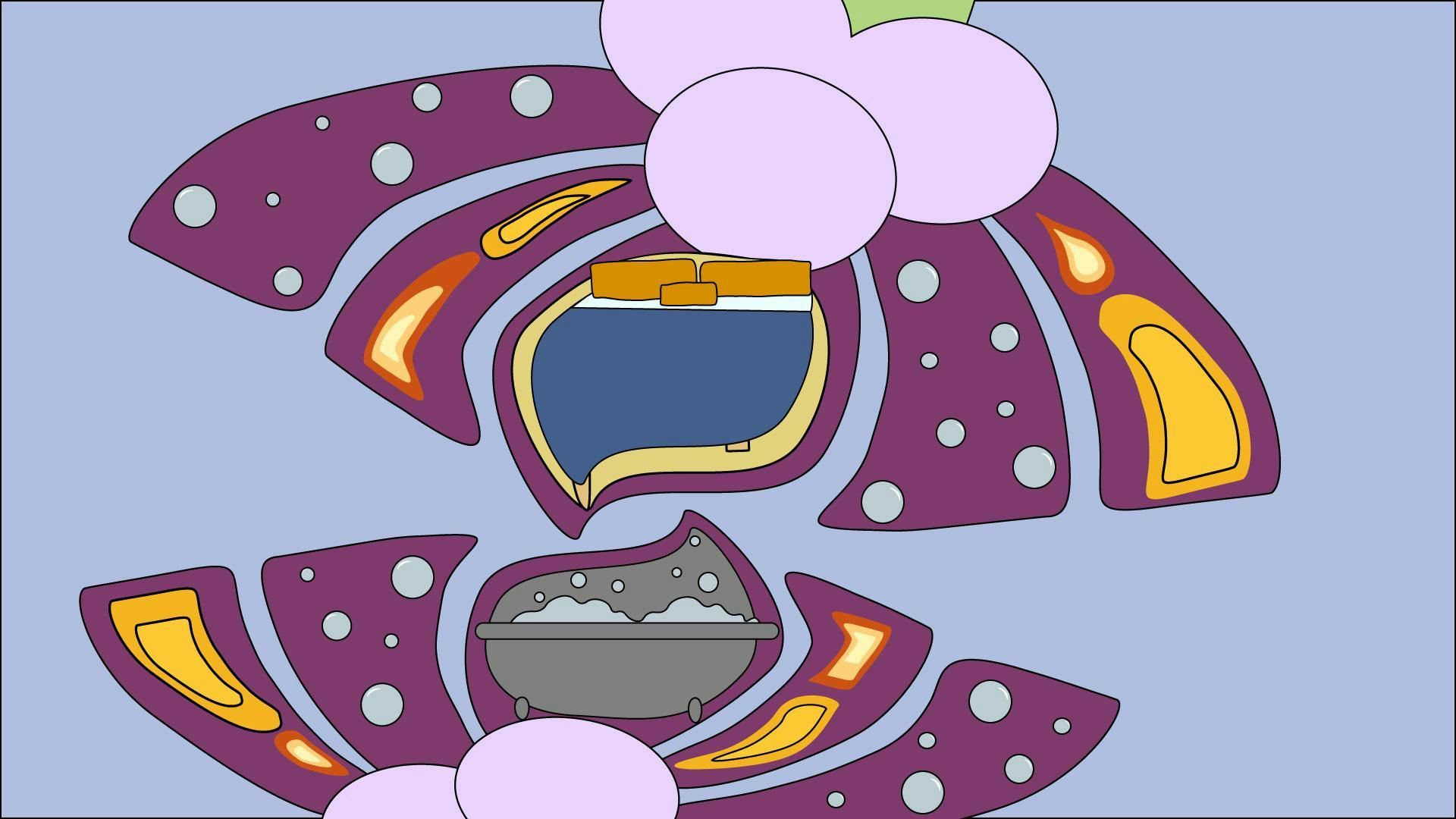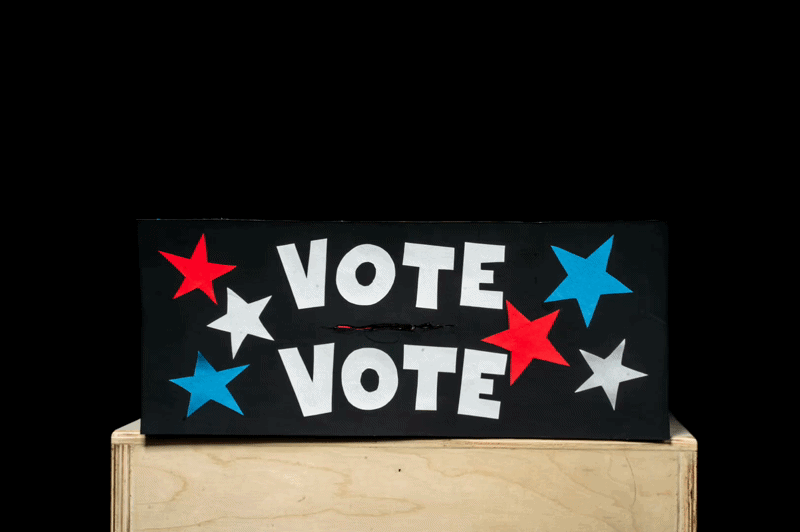Self-care is a fairly new term that means something different for everyone. Some describe self-care as rest or time for pampering. Others might describe it as saying no to homework. Michigan State University students and counselors discuss self-care and why it's important among college students.
“It’s like refueling a car, a car can’t run without gas,” student affairs administration masters Jakira Lynn said.
According to the World Health Organization, self-care is what people do for themselves to establish and maintain health and to prevent and deal with illness, with or without the support of a healthcare worker.
“A lot of the time we are practicing self-care and don't even realize it,” embedded counselor through MSU’s Counseling and Psychiatric Services (CAPS) Christian Gibson said.
Self-care is important for college students to avoid burnout and allow for rest and a reset, and it includes more than physical activities. According to the Self-care Academic Research Unit (SCARU), self-care encompasses hygiene, nutrition, self-medication and mental well-being.
“Self-care for me looks like going to yoga, therapy and taking care of my mind and body…eating well," interdisciplinary studies in social science and AAAS senior Bailey Griffin said. “Where you are actually doing the necessary things to be emotionally, physically mentally well.”
Though self-care can be very broad, others take a specific approach to holistic self-care. This can be described as mind and body practices that look like meditation, deep breathing and stretching.
“You have to think about what you need head to toe and address you as one whole,” Griffin said.
Gibson expressed a similar sentiment for holistic self-care.
"Our bodies and minds are interconnected and you can’t have one without the other," Gibson said.
Overall research has shown that implementing self-care practices into your routine can lower your chances of experiencing burnout, reduce stress and increase overall happiness.
“It’s easy to say your wellness comes first, but I think we need to embody that by finding our resources on campus and also advocates,” Griffin said.
MSU students can find counseling and psychiatric services, in person or virtual, through MSU’s CAPS program. Other resources about health and well-being include Togetherall, an anonymous peer-based, free online site for students, as well as Spartan Resilience Webinars, which provide students with the tools for building a framework for resilience. There will be three sessions on Sept. 16, 23 and 30 at noon.
Support student media!
Please consider donating to The State News and help fund the future of journalism.
Discussion
Share and discuss “MSU students and counselors talk self-care benefits toward overall health ” on social media.







